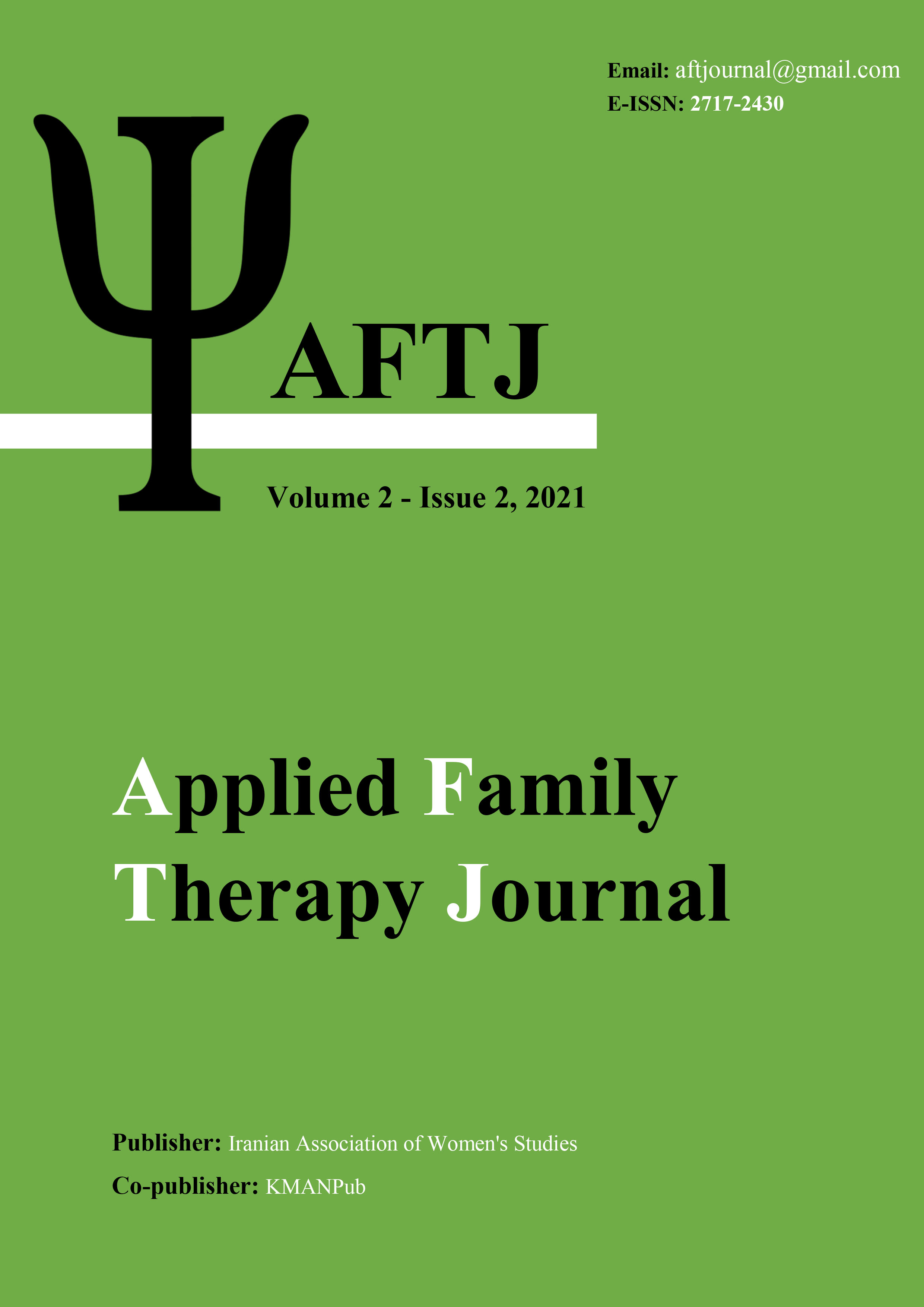The Effects of Time and Place Mores on the Allocation of the Right to Divorce
Abstract
Aim: The present study aimed to identify the effects of time and place mores on the allocation of the right to divorce. Method: The research was descriptive-analytical. The equality of men and women in the right to breaking marriage, like its arrangement, in terms of Islamic law and jurisprudence has long been taken into consideration by Muslim thinkers, but its problems and objections have not been as much as the current time. The emergence of civil movement and human rights activists and increased awareness of women of their rights have made these topics more serious; hence, jurists and lawyers have considered the problem from new horizons in Islamic countries. Results: The findings indicate that the role of mores in the allocation of the right to divorce is the most important issue in the field of jurisprudence dynamics, and undoubtedly, the role of time and place mores is an important issue in this regard. Giving men the right to divorce has not been explicitly mentioned in Quran and this right has not been taken from women. Conclusion: According to a historical study of the women status in the age of ignorance and the Arabs' views on women and types of divorces in that time and the study of different temporal and spatial customs, and religious imitations, and mores, a wife can ask for a divorce.
Downloads
Downloads
Published
Issue
Section
License

This work is licensed under a Creative Commons Attribution-NonCommercial 4.0 International License.





















